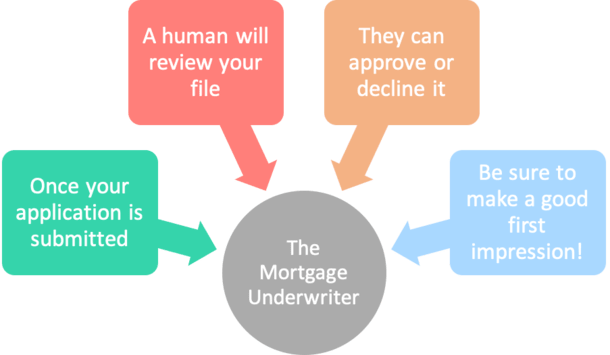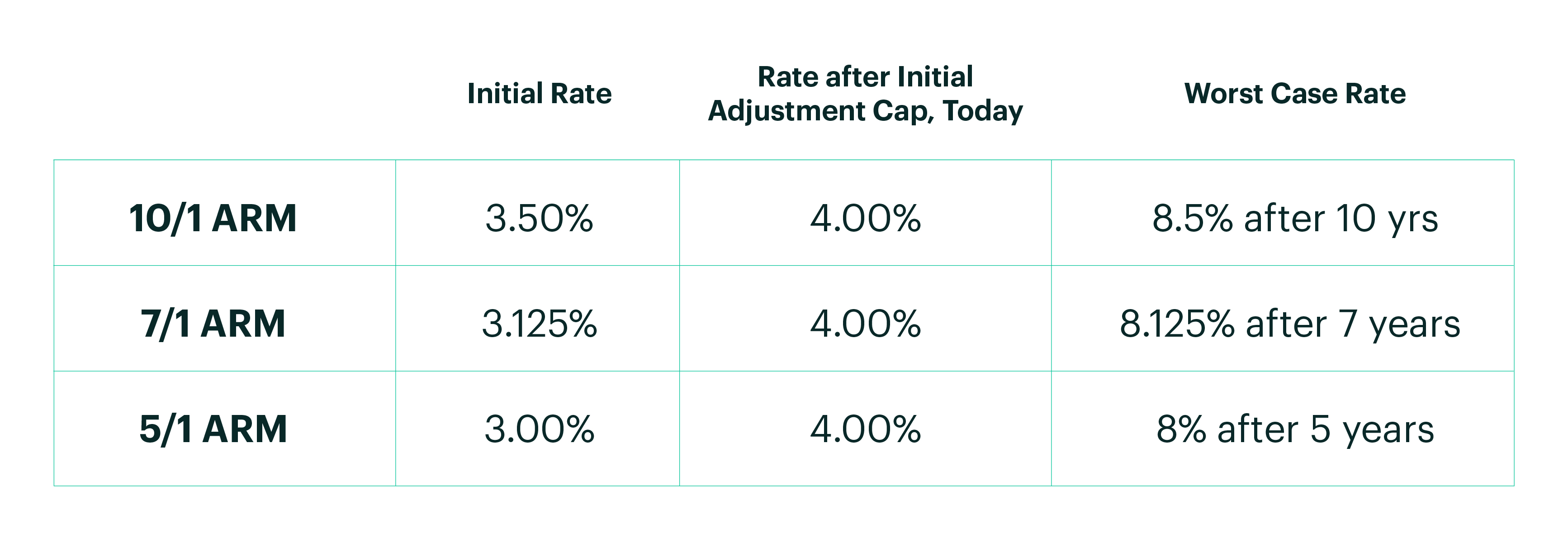A home mortgage is a debt instrument, secured by the security of http://beckettmedy451.yousher.com/the-definitive-guide-to-how-do-reverse-annuity-mortgages-work defined realty residential or commercial property, that the borrower is required to repay with a predetermined set of payments. Home loans are likewise called "liens versus residential or commercial property" or "claims on home." With a fixed-rate home loan, the borrower pays the very same rate of interest for the life of the loan.
People and businesses utilize mortgages to make large property purchases without paying the entire purchase rate in advance. Over several years, the customer repays the loan, plus interest, up until she or he owns the residential or commercial property complimentary and clear. Home mortgages are likewise called "liens against home" or "claims on home." If the customer stops paying the home loan, the lender can foreclose.
In a domestic home loan, a homebuyer promises their house to the bank or other kind of loan provider, which has a claim on the home should the property buyer default on paying the mortgage. In the case of a foreclosure, the loan provider might kick out the home's occupants and offer your home, utilizing the income from the sale to clear the home mortgage financial obligation.
The most popular home loans are a 30-year fixed and a 15-year repaired. Some home mortgages can be as brief as 5 years; some can be 40 years or longer. Stretching payments over more years reduces the regular monthly payment however increases the quantity of interest to pay. With a fixed-rate mortgage, the customer pays the very same rates of interest for the life of the loan.
If market rates of interest rise, the borrower's payment does not alter. If interest rates drop substantially, the customer may have the ability to protect that lower rate by re-financing the mortgage. A fixed-rate mortgage is likewise called a "standard" mortgage. With an variable-rate mortgage (ARM), the rate of interest is repaired for a preliminary term then changes with market rates of interest.
If interest rates increase later on, the borrower might not have the ability to manage the greater month-to-month payments. Rates of interest might likewise decrease, making an ARM more economical. In either case, the regular monthly payments are unforeseeable after the preliminary term. Home mortgages are utilized by individuals and organizations to make large real estate purchases without paying the whole purchase cost up front.
How Do Canadian Commercial Mortgages Work Can Be Fun For Everyone
Many homeowners entered into financial difficulty with these types of home mortgages during the housing bubble of the early 2000s. The majority of mortgages utilized to buy a house are forward home mortgages. A reverse home mortgage is for property owners 62 or older who look to convert part of the equity in their houses into cash.
The entire loan balance becomes due and payable when the debtor passes away, moves away permanently, or sells the house. Among significant banks offering home loan are Wells Fargo, JPMorgan Chase, and Bank of America. Banks used to be essentially the only source of home loans (how do fixed rate mortgages work). Today a growing share of the lending institution market includes non-banks such as Quicken Loans, loanDepot, SoFi, Calber Home Loans, and United Wholesale Mortgage.
These tools can also assist compute the total cost of interest over the life of the home loan, to give you a clearer idea of what a property will actually cost. how do house mortgages work. The home mortgage servicer may likewise establish an escrow account, aka a seize account, to pay specific property-related costs. The cash that goes into the account originates from a part of the monthly mortgage payment.
Customer Financial Protection Bureau - how to reverse mortgages work. Mortgages, maybe more than any other loans, included a lot of variables, beginning with what must be paid read more back and when. Property buyers need to work with a home mortgage professional to get the finest deal on what may be one of the most significant financial investments of their lives.
When you purchase a house, you might hear a little bit of market lingo you're not acquainted with. We have actually developed an easy-to-understand directory site of the most typical home loan terms. Part of each regular monthly home mortgage payment will go towards paying interest to your loan provider, while another part goes toward paying for your loan balance (also called your loan's principal).
During the earlier years, a greater part of your payment goes toward interest. As time goes on, more of your payment approaches paying down the balance of your loan. The deposit is the cash you pay in advance to purchase a house. For the most part, you have to put money down to get a home loan.
How Does A Funding Fee Work On Mortgages? Fundamentals Explained
For example, standard loans need as low as 3% down, however you'll have to pay a monthly charge (referred to as private mortgage insurance coverage) to make up for the little deposit. On the other hand, if you put 20% down, you 'd likely get a much better rates of interest, and you would not need to pay for private mortgage insurance coverage.
Part of owning a house is paying for real estate tax and property owners insurance. To make it simple for you, loan providers set up an escrow account to pay these costs. Your escrow account is managed by your lender and functions kind of like a bank account. No one earns interest on the funds held there, but the account is used to collect money so your loan provider can send payments for your taxes and insurance on your behalf.
Not all home mortgages feature an escrow account. If your loan doesn't have one, you have to pay your real estate tax and house owners insurance costs yourself. Nevertheless, a lot of loan providers use this alternative due to the fact that it enables them to make certain the real estate tax and insurance coverage expenses make money. If your deposit is less than 20%, an escrow account is needed.

Keep in mind that the quantity of cash you require in your escrow account depends on just how much your insurance and real estate tax are each year. And because these expenditures might alter year to year, your escrow payment will change, too. That means your monthly mortgage payment may increase or decrease.

There are two types of mortgage rate of interest: fixed rates and adjustable rates. Repaired interest rates stay the exact same for the whole length of your mortgage. If you have a 30-year fixed-rate loan with a 4% interest rate, you'll pay 4% interest until you pay off or refinance your loan.
Adjustable rates are rate of interest that change based on the market. Most adjustable rate mortgages begin with a fixed interest rate period, which generally lasts 5, 7 or 10 years. During this time, your interest rate stays the exact same. After your fixed interest rate duration ends, your rates of interest adjusts up or down as soon as annually, according to the market.
Not known Facts About How Do Variable Apr Work In A Mortgages
ARMs are ideal for some debtors. If you prepare to move or refinance before the end of your fixed-rate period, an adjustable rate home loan can offer you access to lower rates of interest than you 'd usually find with a fixed-rate loan. The loan servicer is the company that's in charge of providing monthly mortgage declarations, processing payments, managing your escrow account and reacting to your inquiries.
Lenders may offer the maintenance rights of your loan and you may not get to pick who services your loan. There are lots of types of mortgage. Each includes various requirements, rate of interest and advantages. Here are some of the most common types you might become aware of when you're obtaining a mortgage.